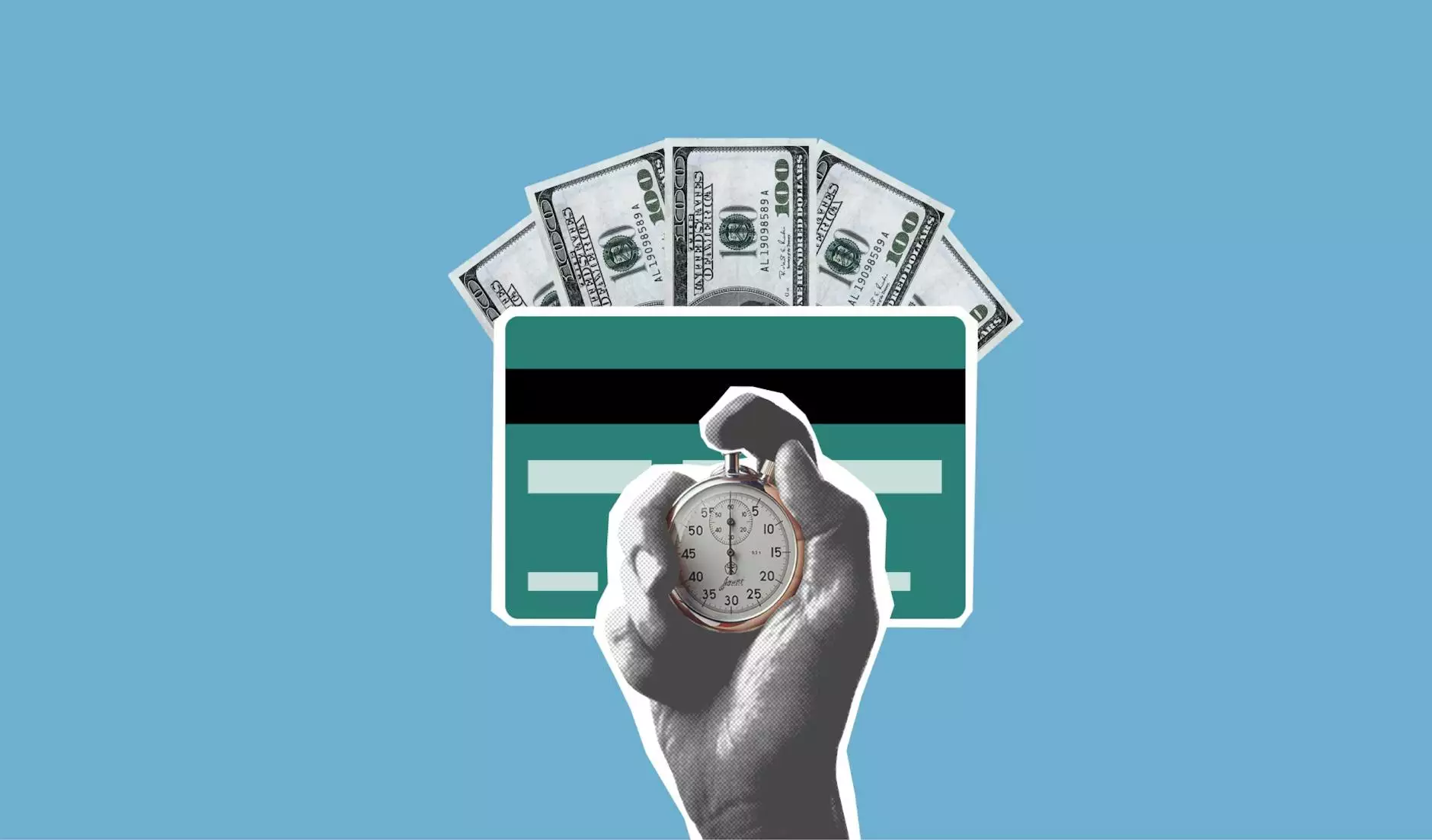Yes, a Debt Can Go to Collections Despite Monthly Payments
Blog
Welcome to Life Designers, your premier resource for expert consulting and coaching in the field of business and consumer services. In this article, we will explore the topic of debts going to collections despite making monthly payments, shedding light on why this can happen and what it means for individuals or businesses.
Understanding Collections
Before delving into the reasons behind a debt going to collections despite regular monthly payments, it's important to understand what collections actually means. When you have an outstanding debt that you haven't fully paid off, your creditor may decide to assign or sell your debt to a collections agency. These agencies then take over the responsibility of collecting the debt on behalf of the original creditor.
Reasons for Debts Going to Collections
Despite being diligent in making monthly payments, there are several reasons why a debt can still end up going to collections:
- Lack of Communication: One common reason for debts going to collections is a lack of communication between debtors and creditors. If you fail to maintain an open line of communication with your creditor and inform them of any financial difficulties, they may view your missed or delayed payments as negligence, leading them to send your debt to collections.
- Terms of the Agreement: Sometimes, the terms of your debt agreement may include certain conditions that can trigger collections, even if you're making regular monthly payments. For example, if you fail to meet a specific threshold or pay the debt in full within a specified timeframe, the creditor may choose to initiate collection proceedings.
- Economic Hardship: Unforeseen economic hardships such as job loss or medical emergencies can impact your ability to make timely payments. Even if you're committed to making monthly payments, these hardships can accumulate and eventually result in your debt being sent to collections.
- Change in Creditor Policies: Creditors can change their internal policies and practices, affecting how they handle outstanding debts. They may opt to be more aggressive in pursuing collections or decide to outsource the collection process to an agency.
Implications of a Debt Going to Collections
When a debt goes to collections, it has several implications for both individuals and businesses:
- Negative Impact on Credit Score: A debt in collections can significantly lower your credit score, making it more challenging to secure future loans or credit. It stays on your credit report for up to seven years, further hindering your ability to access credit facilities.
- Potential Legal Proceedings: In more severe cases, the creditor or collections agency may resort to legal action to collect the debt. This can result in lawsuits, wage garnishments, or liens on your property.
- Difficulty in Obtaining New Credit: Lenders and financial institutions view individuals or businesses with debts in collections as higher risks. As a result, obtaining new credit or favorable financing terms becomes more challenging.
How to Handle a Debt in Collections
If you find yourself in a situation where a debt has gone to collections despite making monthly payments, it's crucial to take prompt action:
- Contact the Collections Agency: Reach out to the collections agency managing your debt and gather all relevant information about the debt, including the outstanding balance and payment options.
- Negotiate a Settlement: Consider negotiating a settlement or payment plan with the collections agency. They may be willing to accept a reduced amount or spread the payments over an extended period, helping you avoid further financial burden.
- Stay Proactive: Continue making your monthly payments while working towards a resolution with the collections agency. Ensure you have documentation, such as receipts or confirmation of payments made, to provide proof of your commitment.
- Seek Professional Assistance: If you're feeling overwhelmed or unsure how to navigate the collections process, consider seeking professional consultation services, such as those offered by Life Designers. Experts can provide guidance, negotiate on your behalf, and help you develop strategies to handle your debt effectively.
Conclusion
In conclusion, it's important to understand that a debt can go to collections despite making monthly payments. Lack of communication, specific agreement terms, economic hardship, and changes in creditor policies can all contribute to this outcome. However, with proactive steps, negotiation, and professional assistance, you can navigate the collections process and work towards resolving your debt. At Life Designers, we offer expert consulting and coaching services to assist you in managing your financial challenges and designing a brighter future. Contact us today to learn more!



